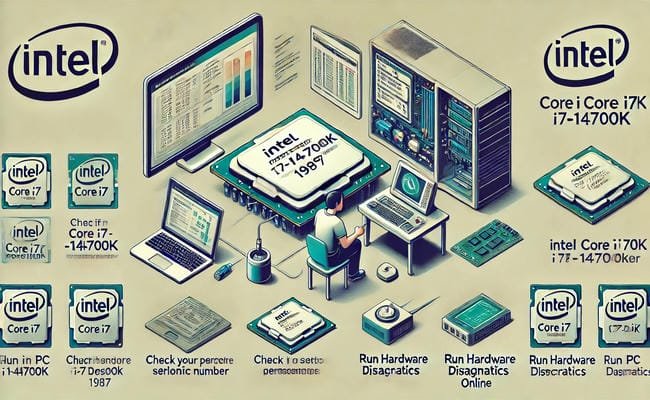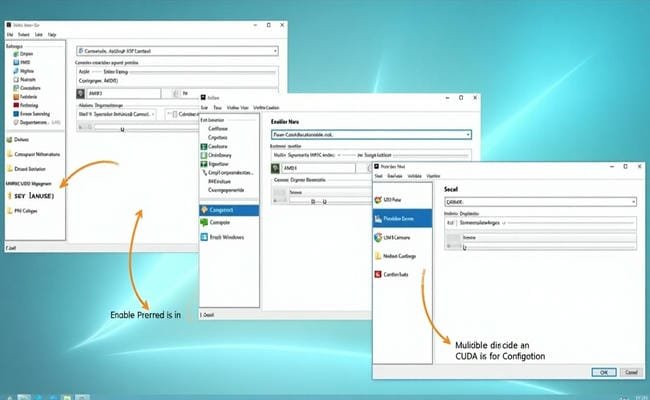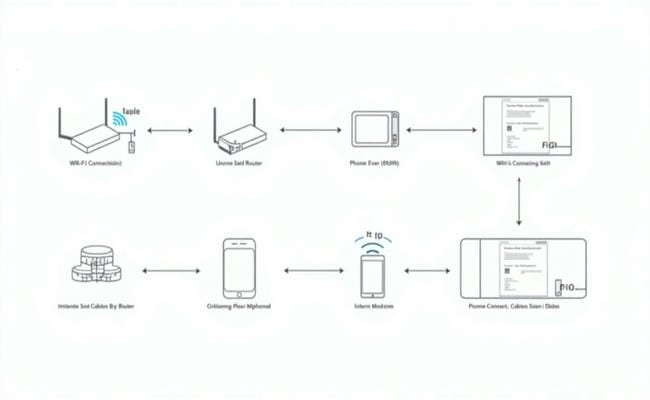
How To Keep E19 Cobblemoon Always On
January 25, 2025
How To Locate Psid Seagate Expansion Sw Model Srd0nf2
January 25, 2025Identifying if your Intel Core i7-14700K processor is affected by any issues ensures optimal performance and reliability. This guide outlines the steps to determine whether your CPU requires attention.
Why Check If Your i7-14700K Is Affected?
Regularly assessing your processor ensures:
- Early detection of potential hardware or firmware issues.
- Prevention of performance degradation.
- Maximized system stability and longevity.
Steps to Determine If Your i7-14700K Is Affected
- Check for Known Issues:
- Visit Intel’s official website or community forums for announcements about specific processor issues.
- Look for any recalls, performance patches, or bug reports related to the i7-14700K.
- Monitor Processor Performance:
Use diagnostic tools like Intel’s Processor Diagnostic Tool to test CPU functionality:
https://www.intel.com/content/www/us/en/download/15951/intel-processor-diagnostic-tool.html
- Analyze metrics such as clock speed, temperature, and core utilization.
- Update BIOS and Drivers:
- Check your motherboard manufacturer’s website for BIOS updates addressing potential processor issues.
- Install the latest chipset drivers to optimize compatibility and performance.
- Run Stress Tests:
- Use software like Prime95 or AIDA64 to stress test your processor under load.
- Observe for crashes, overheating, or throttling, which may indicate an issue.
- Inspect Cooling and Power Supply:
- Ensure your CPU cooler is properly seated and functional.
- Verify your power supply provides sufficient and stable power for the processor.
- Check for Error Messages:
- Look for any error codes or warnings in the BIOS or operating system logs.
- Use Event Viewer in Windows to identify recurring CPU-related errors.
- Consult Professional Support:
- Contact Intel’s customer support for further assistance if you suspect an issue with your processor.
Tips for Maintaining CPU Health
- Keep Your System Updated:
- Regularly update your operating system, BIOS, and drivers to ensure compatibility and security.
- Maintain Proper Cooling:
- Clean your PC regularly to prevent dust buildup and ensure adequate airflow.
- Monitor Usage Trends:
- Use tools like HWMonitor or Core Temp to track CPU performance over time.
Troubleshooting Common Issues
- Overheating:
- Reapply thermal paste and ensure the CPU cooler is functioning correctly.
- Performance Drops:
- Check for background processes consuming resources and disable unnecessary startup programs.
- System Crashes:
- Inspect your RAM and GPU for compatibility and stability issues.
Also Read: How To Keep E19 Cobblemoon Always On
Conclusion
Monitoring your Intel Core i7-14700K for potential issues is essential for maintaining system performance and reliability. By following these steps and tips, you can ensure your CPU remains in optimal condition.




